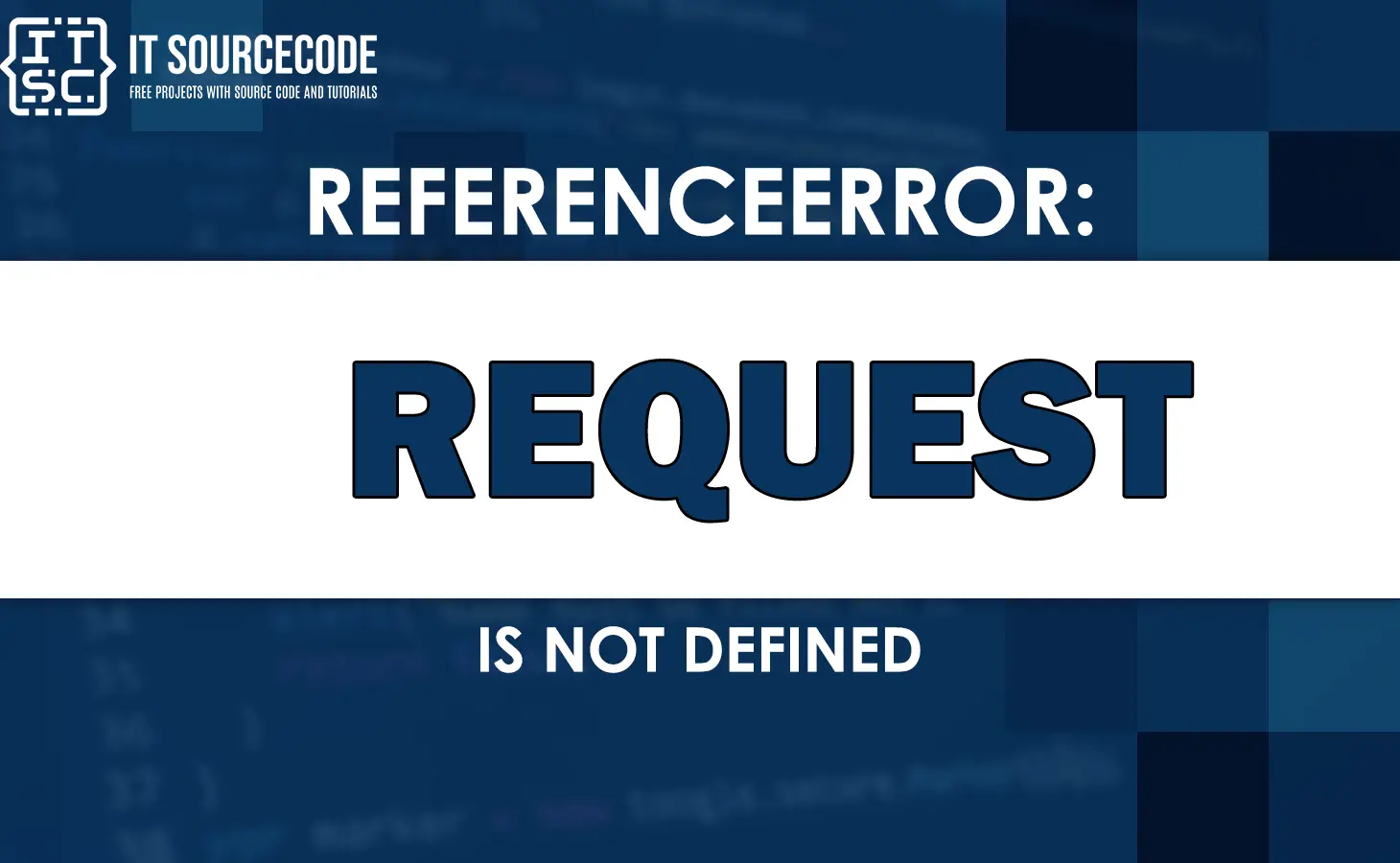In this article, we will delve into the ReferenceError with a specific focus on the error message “ReferenceError: Request is not defined.”
We will explore its definition, common causes, and best practices to overcome it.
But before we proceed further, let’s clarify what a referenceerror means in programming.
How ReferenceError occurs
ReferenceError occurs when you attempt to reference a variable or function that is not accessible within the current scope.
It can happen due to various reasons, including:
- Forgetting to declare a variable before using it.
- Accessing a variable outside of its scope.
- Misspelling the variable name.
- Accidentally deleting a variable.
Example of Referenceerror request is not defined
Let’s consider a few examples to illustrate how ReferenceError manifests in code:
Example 1: Undeclared Variable
console.log(name); // ReferenceError: name is not defined
In this example, the variable name has not been declared, so attempting to access it results in a ReferenceError.
Example 2: Out of Scope Variable
function calculateSum() {
var num1 = 5;
var num2 = 10;
return num1 + num2 + num3; // ReferenceError: num3 is not defined
}
calculateSum();
Here, the variable num3 is not within the scope of the calculateSum function, causing a ReferenceError when trying to access it.
Example 3: Misspelled Variable Name
var count = 10;
console.log(cnt); // ReferenceError: cnt is not defined
In this case, the variable cnt is misspelled, leading to a ReferenceError when attempting to access it.
Example 4: Accidental Variable Deletion
var age = 25;
delete age;
console.log(age); // ReferenceError: age is not defined
In this example, the delete keyword unintentionally removes the age variable, resulting in a ReferenceError when trying to access it.
Now that you understand the concept of Referenceerror, let’s proceed to the main error Referenceerror request is not defined…
What is Referenceerror request is not defined?
The “ReferenceError: request is not defined” error typically occurs in JavaScript when you try to use a variable or object named “request” that has not been declared or defined before.
This error indicates that the JavaScript interpreter doesn’t recognize the “request” identifier as a valid variable or object.
Here’s an example program that demonstrates the “ReferenceError: request is not defined” error in JavaScript:
// This code contains an intentional error
function processRequest() {
console.log(request); // Trying to access an undefined variable
}
processRequest();
In this given scenario, we have a function named processRequest() that tries to print the value of a variable called request to the console.
However, the request variable has not been declared or assigned a value anywhere in the code.
Consequently, when we invoke the processRequest() function, it throws an error saying “ReferenceError: request is not defined.”
Common Causes of Referenceerror request is not defined
Here are some common causes of this error which will help you troubleshoot the error:
- If you try to use the variable “request” without declaring it using the var, let, or const keyword, the error will occur.
- Typographical errors
- If the variable “request” is defined within a specific scope, such as inside a function or block, it may not be accessible outside of that scope
How to fix Referenceerror request is not defined
To resolve the “ReferenceError: request is not defined” error in JavaScript, you can implement various solutions based on your specific situation.
Here are a few potential remedies along with example code snippets:
Declare and define the variable
If you intended to use a variable named request, but it has not been declared or defined, you can fix the error by declaring and defining the variable before using it.
var request = "This is a request"; // Declare and define the variable
console.log(request); // Access the variable
Import or include required modules
If you’re trying to use a variable or object named request from an external module or library, you need to import or include the necessary module before using it.
// Example using the 'axios' library
const axios = require('axios'); // Import the 'axios' module
axios.get('https://api.example.com') // Use the 'axios' object for a request
.then(response => {
console.log(response.data);
})
.catch(error => {
console.log(error);
});
Check for typographical errors
Make sure that the variable name is spelled correctly and matches the case exactly. JavaScript is case-sensitive, so “request” is different from “Request”. Correct any typographical errors in the code.
var Request = "This is a request"; // Corrected variable name
console.log(Request); // Access the corrected variable
Scope-related issues
If you encounter the error within a function or block, ensure that the variable is accessible within that scope. You may need to pass the variable as an argument or define it at a higher scope level.
function processRequest() {
var request = "This is a request"; // Define the variable within the function scope
console.log(request); // Access the variable
}
processRequest();
Anyway besides this error, we also have fixed errors that you can check which might help you when you encounter them.
- Referenceerror: textencoder is not defined
- Referenceerror buffer is not defined
- Referenceerror: regeneratorruntime is not defined
Conclusion
By implementing these solutions and making necessary adjustments to your code, you should be able to resolve the “ReferenceError: request is not defined” error.
It is essential to ensure that the variable is properly declared and defined before utilizing it, and also check for any potential import or scoping problems.
I think that’s all for this error. We hope this article has helped fix the issues.
Until next time! 😊

